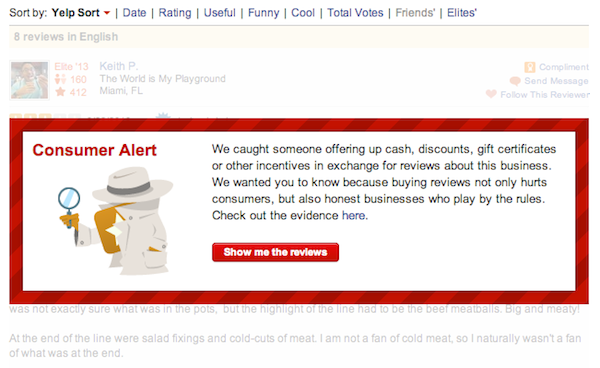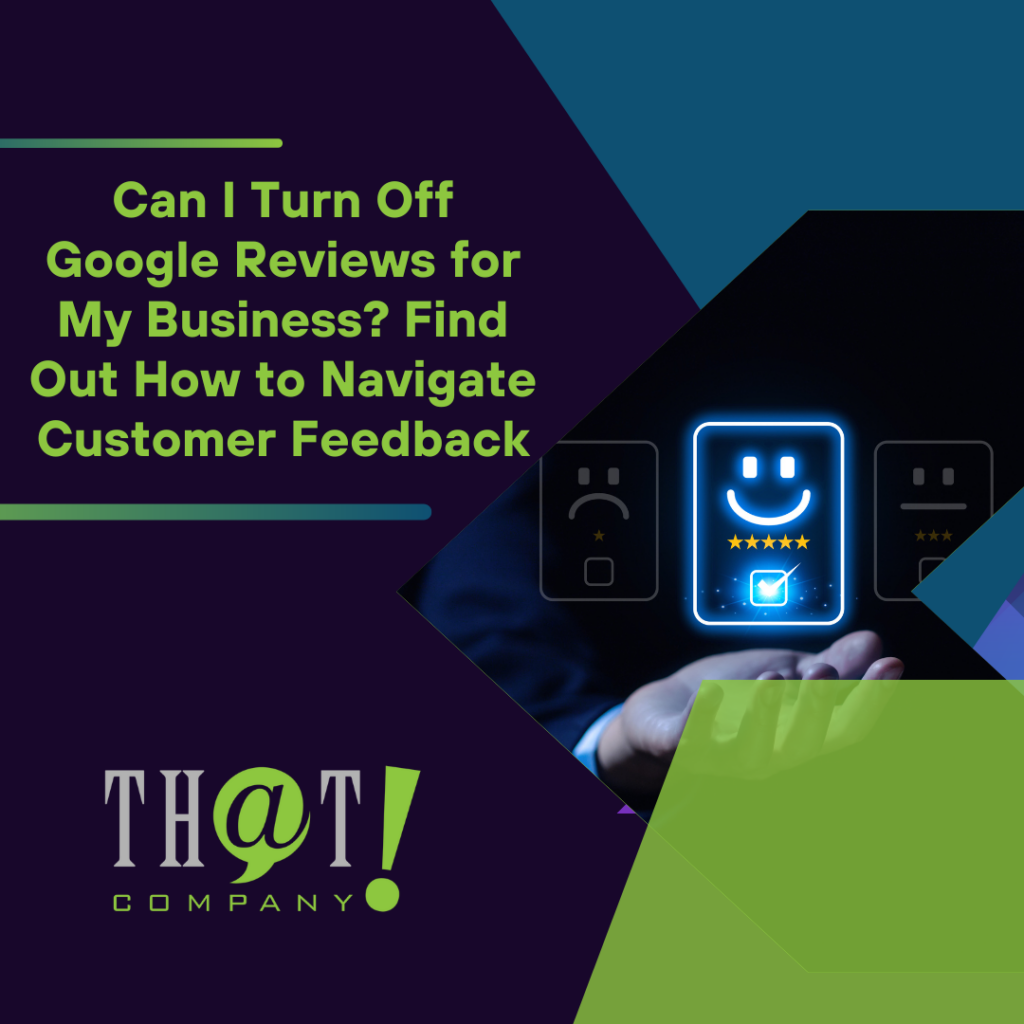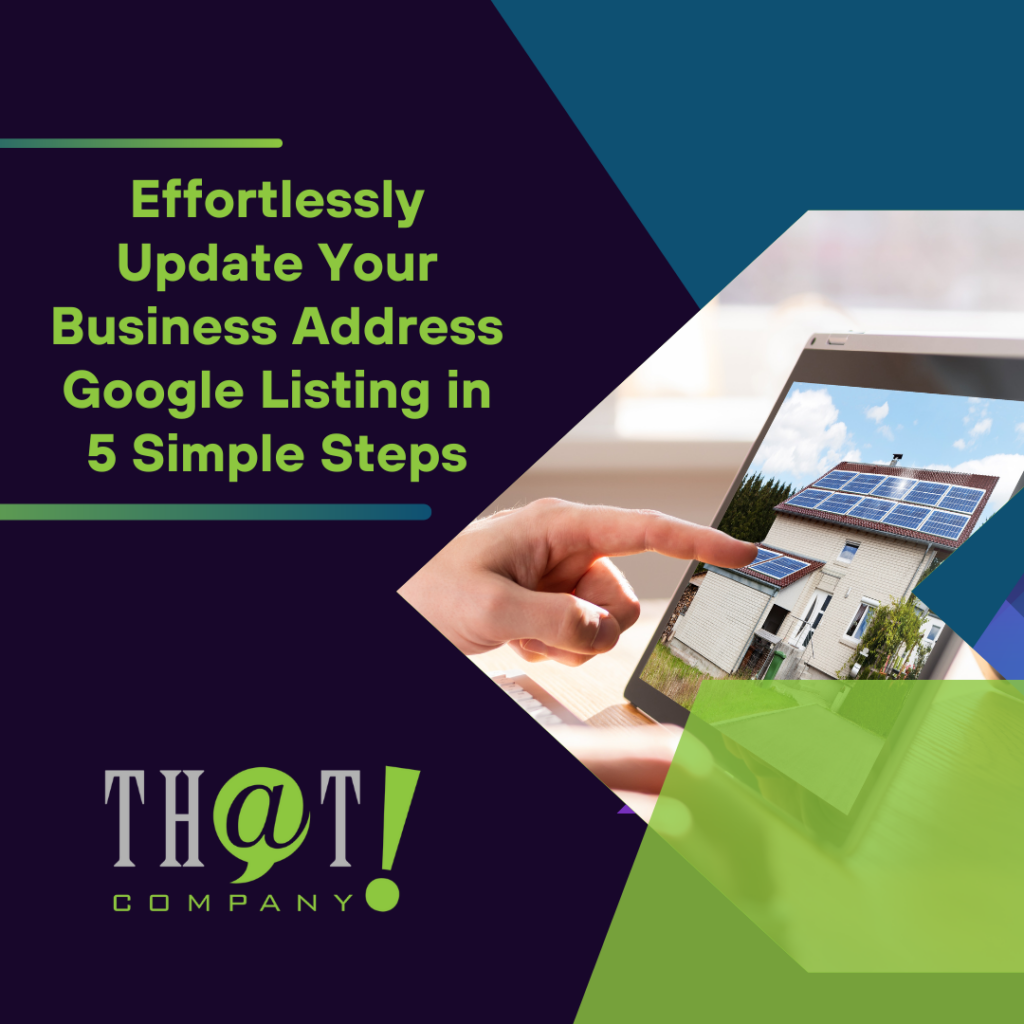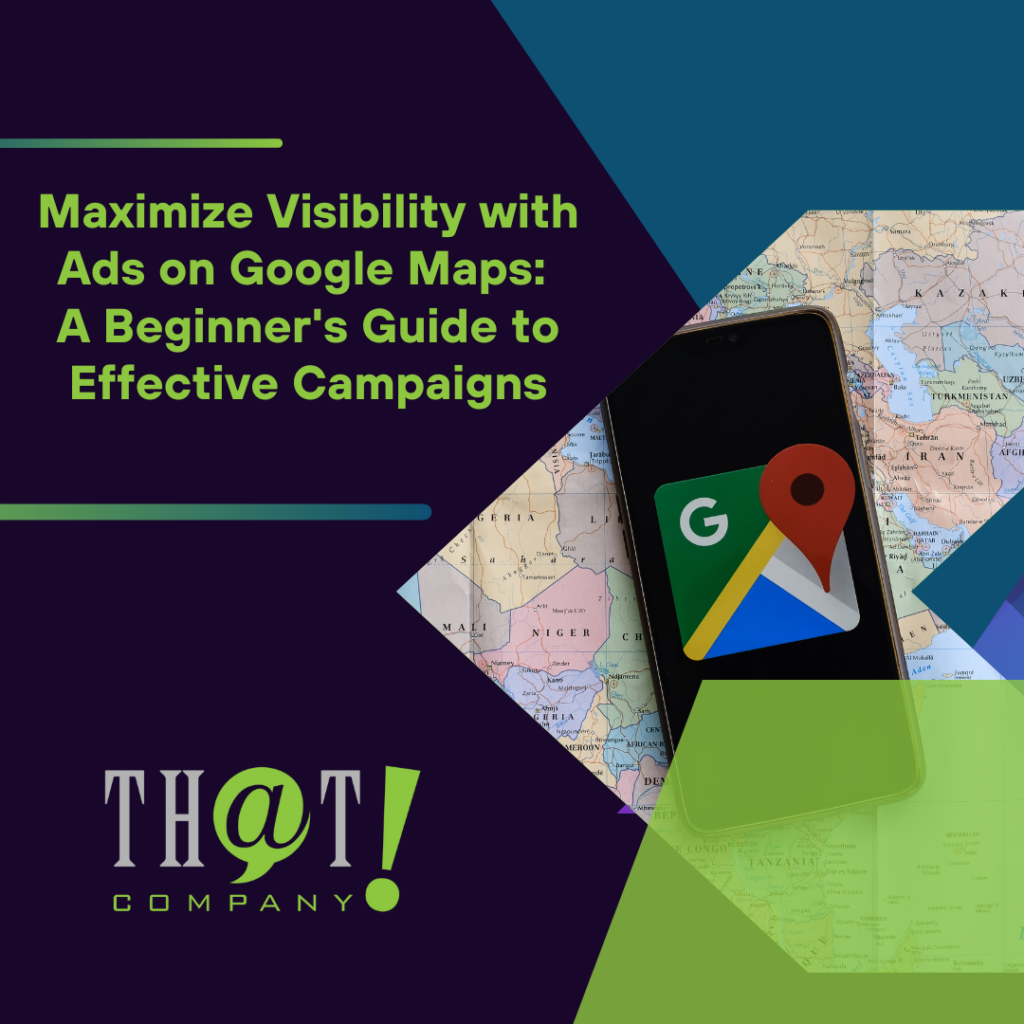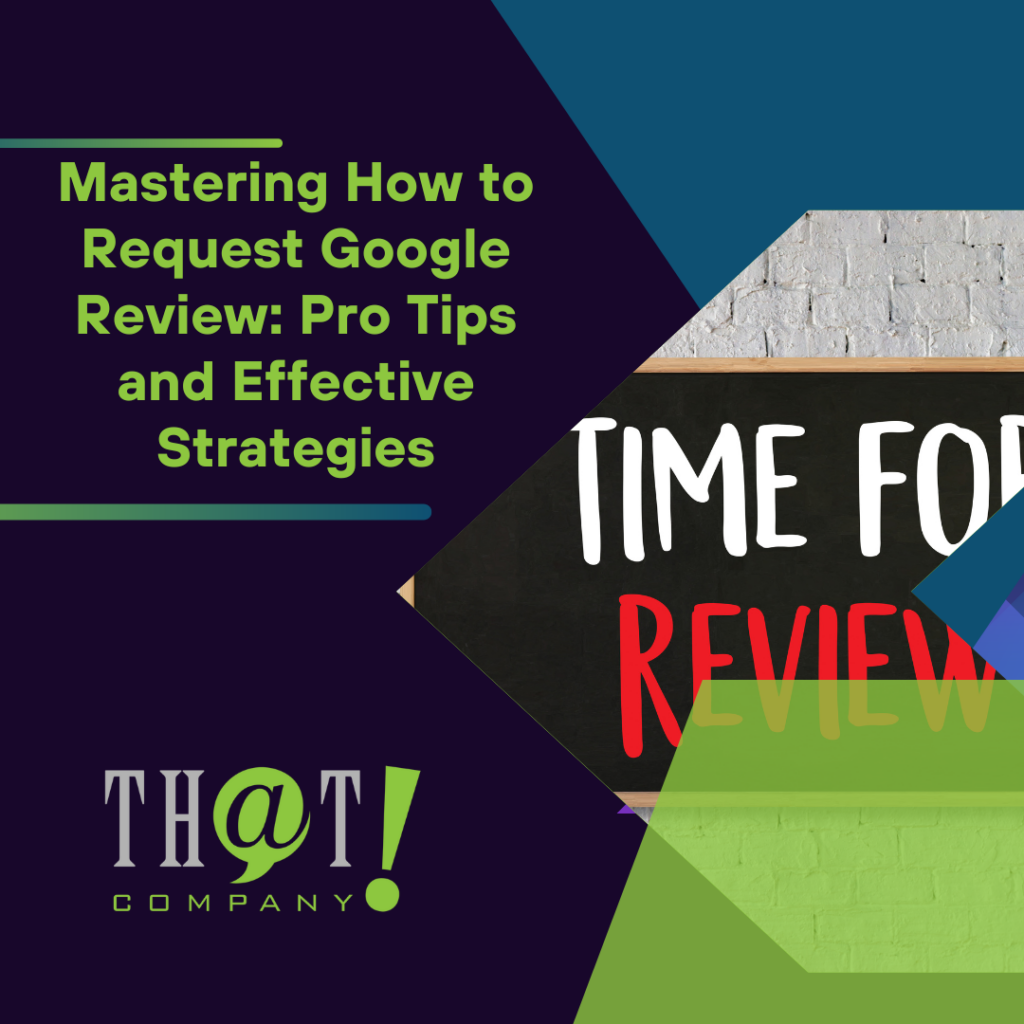
Cost per click (CPC), also known as “pay-per-click”, is a revenue model for paid digital advertising such as PPC campaigns. Google defines CPC bidding as paying a certain amount every time someone clicks on your ads. CPC can also be considered as the amount you pay to the search engine or platform on which your ads are displayed.
Calculating Cost Per Click
Cost per click is relatively straightforward to calculate. There are two basic factors to consider:
- Total Ad Cost – The amount spent on an ad campaign. This is usually calculated on a daily basis.
- Number of Clicks on the Ad
So, the formula is:
Total Ad Cost / The Number of Clicks on the Ad = Your CPC
So, say you’ve spent about $200 on your campaign for the day and you got 50 clicks, that means your CPC comes out at $4.
CPC Bid
One factor that can affect your ad cost is your CPC bid. CPC bidding campaigns are auctions where you essentially compete with other advertisers for higher ad placement on places like search engine results pages (SERPs). In these auctions, participants can indicate a “maximum bid” which is the most they are willing to pay per ad click. This can be done on a larger campaign bidding level or they can bid on specific keywords.
Usually, higher bids mean higher ad ranking. However, this does not mean that the maximum bid is always the amount an advertiser pays per click. The minimum required amount you pay in an ad auction is just enough to beat the bid of the competitor whose Ad Rank is below yours. The amount you will actually be charged per click is called actual CPC.
Your actual CPC is calculated based on Ad Rank and Quality Score.
- Ad Rank is a value assigned by Google to ads that compete in ad auctions. This value determines the positioning of ads on SERPs or if they are placed at all. This value changes for each individual ad based on factors including the amount of competition, the context of the search, and the quality of the ad.
- Quality Score is a value Google uses to measure the quality of your ads compared to other advertisers.
The factors that affect Quality Score are:
- Ad relevance
- Expected click-through rate (CTR)
- Landing page experience
- Keyword relevance
- Past SERP performance (if any)
The Weight of Cost Per Click
Having a knowledge of CPC is foundational to understanding and optimizing areas such as your return on ad spend (ROAS), your competition and strategy in ad auctions, your ad strength, and your ad rank. Additionally, CPC knowledge generally helps in forecasting your traffic based on your ad budget and how to plan around that. However, a basic level of understanding of CPC is often not enough to really optimize your ads. White label PPC services will bring you the expertise you need to get maximum results.
ROAS
 Your ROAS is impacted by your CPC. A lower CPC means you can achieve a higher ROAS ratio. This ratio can be described as how many dollars to get back in return for investing a dollar.
Your ROAS is impacted by your CPC. A lower CPC means you can achieve a higher ROAS ratio. This ratio can be described as how many dollars to get back in return for investing a dollar.
For instance, taking into account other ad costs, a ratio of 1:2 would mean that you are only getting back $1 for every $2 dollars spent. This means you may have to adjust your bids or other campaign elements.
Your ROAS is also dependent on how many clicks translate to conversions. Conversions are desired actions that an advertiser wants site visitors to perform. This usually equates to purchasing a product or subscribing to an offered service. A high CPC and low ad budget means you rely on less clicks to become converting customers. This makes it more difficult to achieve a good ROAS ratio.
Now, you can certainly increase the chances that your clicks convert. For instance, a well-optimized landing page (the page that your ad redirects to) with a clear path to conversion will be more effective than just redirecting customers to your website/app. This path to conversion can look like eye-catching call-to-action buttons or clear navigation to your sales page.
However, it would benefit you more to begin optimizing from the source by trying to get the lowest CPC possible.
Auction Competitiveness
The ad auction is a fundamental part of PPC campaigns. Knowing how CPC works means having an idea of how competitive the keywords are in your industry and will help you to develop a well-rounded bidding strategy. This includes knowing when and how much to adjust your maximum bid and which individual keywords are worth bidding on.
[bctt tweet=”CPC bidding campaigns are auctions where you essentially compete with other advertisers for higher ad placement on places like search engine results pages (SERPs).” username= “ThatCompanycom”]Ad strength
 Ad strength is all about making sure you follow the best practices that Google recommends when serving ads.
Ad strength is all about making sure you follow the best practices that Google recommends when serving ads.
Evaluating CPC
An ideal CPC is relative to many factors including the industry you are in, the broadness or specificity of your keyword match types, whether these keywords are branded or not, how much competition you have in that category, the device used by searchers, and the overall ranking of your ad.
Industry
CPC can vary dramatically between different industries. For instance, in a 2022 study by Wordstream it was found that the lowest average CPC belonged to E-commerce and Advocacy at $1.16 and $1.43 respectively. On the other hand, the highest average CPC belonged to Legal and Consumer Services at $6.75 and $6.40 respectively. As you can see, while spending $3 per click in E-commerce is not the most ideal, it’s amazing if you’re in the industry of Consumer Services.
Keywords
Speaking of keywords, your CPC will also depend on the match type and whether your keywords are branded.
A keyword match type is essentially how close the keyword matches with a search query. This needs to be considered in ad auctions. Branded keywords are typically less competitive and less costly than non-branded. Additionally, your Ad Rank will be highest for your branded keywords, which means a lower CPC.
Ad Rank
 As we know, Ad Rank is a factor in determining CPC. The bidding strategy you implement and your set maximum bid contribute to determining your Ad Rank.
As we know, Ad Rank is a factor in determining CPC. The bidding strategy you implement and your set maximum bid contribute to determining your Ad Rank.
CPC-Supporting Platforms
Pretty much all of the platforms, including social media sites like Facebook, Twitter, Tiktok, and LinkedIn, use CPC bidding. CPC bidding is still most common, however, on search engine platforms like Google and Bing (Microsoft Ads).
Two bidding strategies exist on these platforms. – manual and automated.
Automated bidding such as Maximize Clicks or Enhanced CPC sets your maximum CPC bid based on your goals. They essentially adjust bids for you based on the likelihood of clicks or conversions via their algorithms. Each platform uses its own white label software, so each will work slightly differently.
CPC versus CPM
CPC – You pay per click on your ad with the goal of gaining traffic and conversions.
CPM (cost per mille) – You pay per 1,000 impressions. Impressions are essentially how many times your ad has been shown to viewers on a platform. This revenue model is more common on social media platforms. The goal of a CPM campaign is more focused on brand awareness than traffic generation. CPM is typically less costly than CPC.
Conclusion
If you want to run an effective PPC campaign, the best place to start is by learning the fundamentals of CPC. As one of the best white label digital marketing agencies, we can help you explore different strategies of bidding and different ad platforms to see which performs best for you and your clients.

